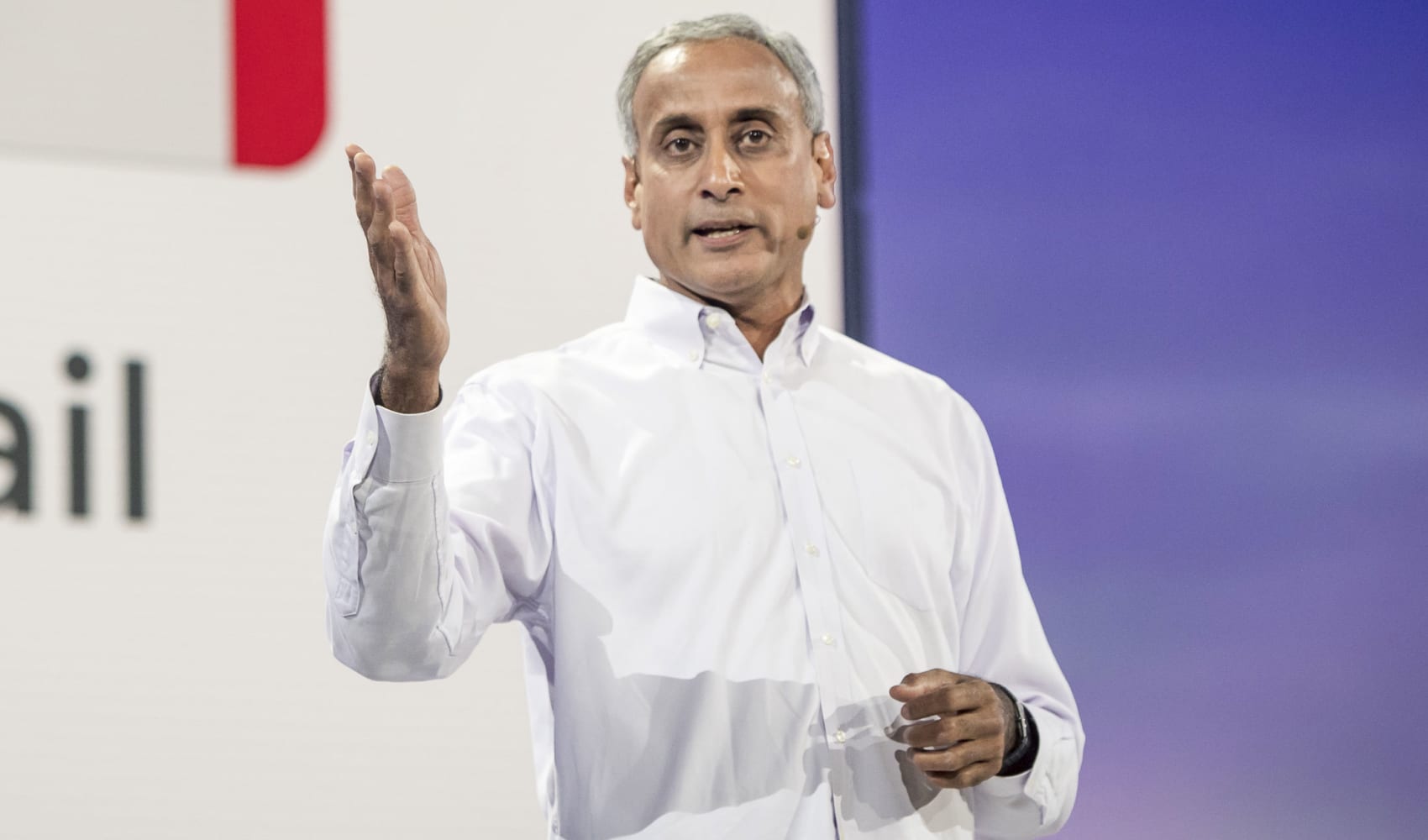
With millions of Americans still suffering financially from the fallout caused by the coronavirus pandemic, many have been forced to cut back on expenses and go without in an effort to pay their bills.
While personal finance experts say that's a good way to stay out of debt amid financial setbacks, many Americans may be overlooking fees and hidden costs associated with paying bills that could help them trim their budget even more, bill pay service doxo found.
U.S. households spend about $3 trillion annually on recurring bills such as those for housing costs, utilities and phone service, according to doxo's research. But those bills may have hidden costs in the form of late fees, overdraft fees, fraud expenses and the overall cost of bad credit. These often overlooked costs add up to an additional $74 billion per year, doxo's analysis finds. The average household spends $577 a year on these extra costs, according to doxo's latest research, shared exclusively with CNBC Make It.
Here's a look at the major types of hidden fees that can set consumers' budgets back by hundreds of dollars a year and how to help reduce or eliminate them.
Source: doxo | CNBC Make It
Lower credit scores can put a drag on your finances
The biggest overlooked cost is the effect a lower credit score can have on consumers, doxo finds. That's because those with a lower score tend to be seen as more of a risk and therefore offered higher interest rates, which can add up, especially if you have multiple loans. In 2018, the average American carried $90,460 in total debt, including mortgages, auto loans and credit cards, according to Experian's latest consumer debt study.
Money Report
Improving your credit score by just 35 points — from roughly a sub-prime score of 660 to a "good score" of 695 — can save you $301 a year in interest expenses, according to doxo's analysis. Not only can good credit mean better interest rates, it can also help consumers get approved for rental applications for apartments and homes, potentially allowing them to snag lower-cost options. Plus, good credit may reduce or eliminate deposit requirements for utilities and may even affect insurance rates.
There are a number of ways you can work to improve your credit score, such as automating your payments. That way, you'll never miss a payment, keeping you from damaging your credit score. Another easy win when improving your credit is to become an authorized user. If you have a parent or family member with good credit, you can ask them to add you as an authorized user on their credit card.
You should also keep track of your credit utilization, which is the ratio of your credit card balances to the total amount of credit you have available. It plays a big factor in calculating credit risk and therefore credit scores. When you use more than 30% of your available credit, your credit score will typically drop because it signals to credit card companies that there's a greater risk you may not pay it all off, or that it may take a while to do so.
Watch out for avoidable fees
Payment habits also have a huge impact on the number of extra expenses consumers end up paying. Overdraft fee and late payments cost Americans an average of nearly $250 a year. More than half of consumers have incurred at least one late fee in the past year, while 33% report paying at least one overdraft fee, according to doxo's survey.
These fees can add up fast, with banks typically charging $30 to $35 per overdraft. Late fees can range from $28 for credit cards to 5% of your monthly mortgage payment.
Some consumers may not be able to avoid late fees or overdrafts, especially during the pandemic when millions are unemployed. And while they can stem from difficulty managing your cash flow, many times people simply forget, says Jim Kreyenhagen, VP of marketing and consumer services at doxo. "We get busy, we don't think about moving money from our savings account to our checking account, we haven't set up an automatic transfer, so we overdraft."
Before these fees hit your account at the end of the month, make it a habit to routinely check your checking account balance to see that there's enough funds to cover your expenses. If you're short on cash at the moment, consider if there's a way to avoid these costs, perhaps by dipping into savings or asking friends and family for financial support.
You can also opt out of overdraft protection programs and you will not have to pay a fee. Instead, your card will be declined if there's not enough money in your account.
If you are worried about regularly overdrawing your checking account, you may want to consider changing banks. Some banks offer checking accounts without monthly fees or overdraft fees, including Key Bank's Hassle-Free Account and Discover Bank's checking account.
Fraud can cost you
When it comes to identity theft and account fraud, there's less Americans can do to stop the costs these crimes incur. These types of fraud cost Americans about $27 a year on average, according to doxo.
That's especially true now. Since the start of the coronavirus pandemic, the Federal Trade Commission has received over 125,000 complaints about scams and fraud related to Covid-19. Victims lost a median amount of $274.
Although it's typically not the consumers' fault that their information gets in the wrong hands, there's a hidden cost to identity fraud: You have to clean the mess up, which takes time and money, Kreyenhagen says.
Consumers can make it harder for fraudsters, though. Don't give credit card or other personal information to anyone over the phone and be wary of clicking on unknown links in emails. Assume it's a scam until someone proves otherwise.
Additionally, many identity theft scams happening right now are done by fraudsters who have obtained log-in information from data breaches that occurred within the past few years, so it's worth changing your passwords. And don't just use a new password across the board — create a unique pass phrase on every account, such as the name of a song or a book title.
Check out: The best credit cards of 2021 could earn you over $1,000 in 5 years
Don't miss: 17.6 million unemployed Americans probably won't return to their pre-pandemic jobs






